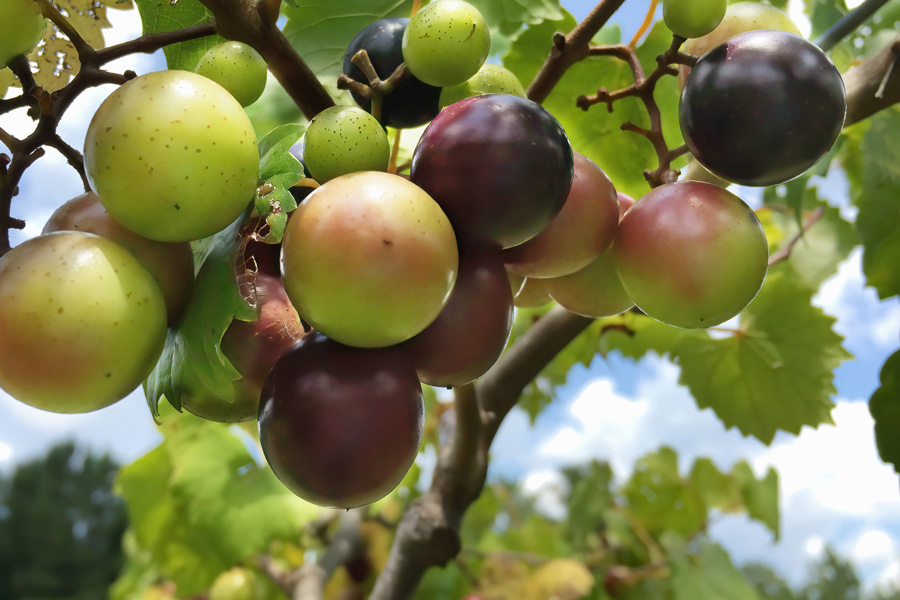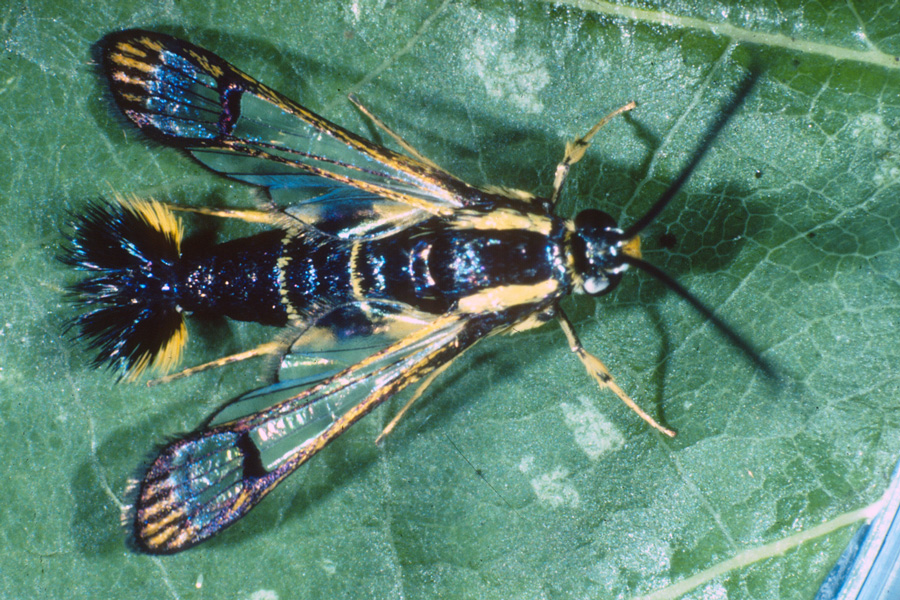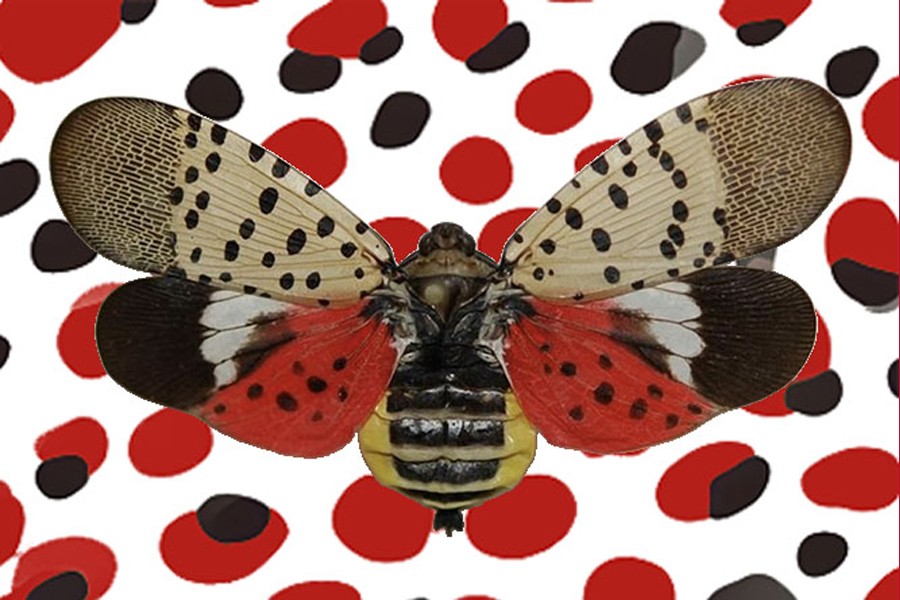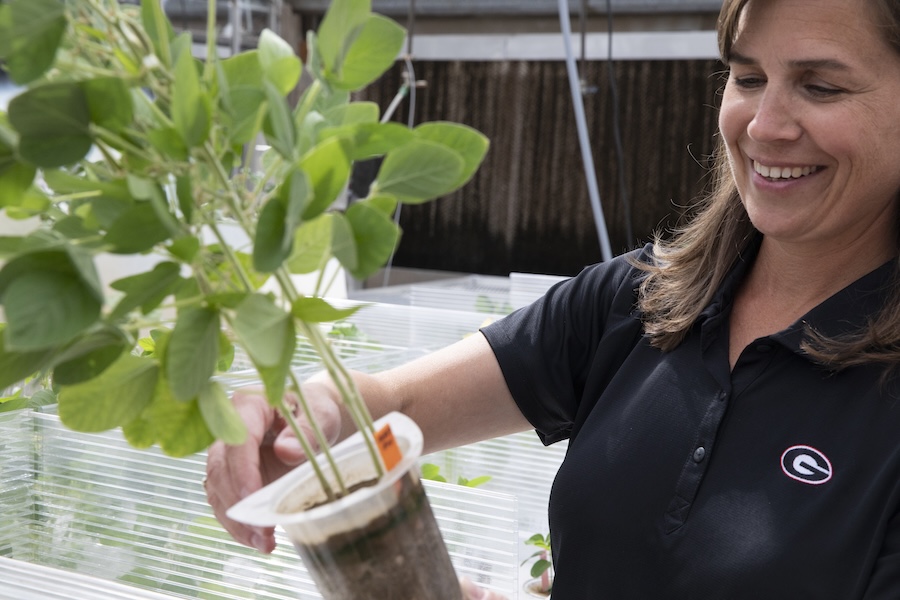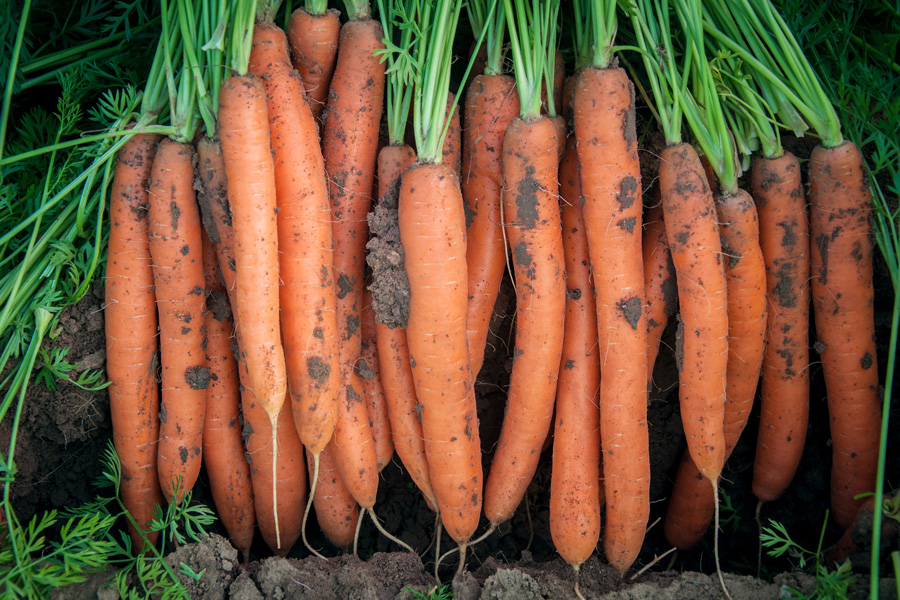

Carrots suffer significant yield losses from nematode pests because the harvested edible product (taproot) is directly affected by nematode infection, resulting in reduced marketable yield and quality. Root-knot nematodes (Meloidogyne spp.) are widespread in several counties in South Georgia and cause serious damage to carrots. Stubby-root (Paratrichodorus or Nanidorus spp.) and root-lesion (Pratylenchus spp.) nematodes are also common in these regions, though, their damage potential to carrots has not yet been established. This publication reports information on nematode detection, biology, and different control practices for the proper production of carrots.

Published by University of Georgia Cooperative Extension. For more information or guidance, contact your local Extension office.
The University of Georgia College of Agricultural and Environmental Sciences (working cooperatively with Fort Valley State University, the U.S. Department of Agriculture, and the counties of Georgia) offers its educational programs, assistance, and materials to all people without regard to age, color, disability, genetic information, national origin, race, religion, sex, or veteran status, and is an Equal Opportunity Institution.
Status and Revision History
- Published on September 20, 2023
What is a Bulletin?
Bulletins represent a major writing effort and cover a broad subject area. They address individual topics in a particular discipline for a specific commodity.
Written and Reviewed by Experts
This resource was written and reviewed by experts. Click below for more information on how we produce science you can trust.

